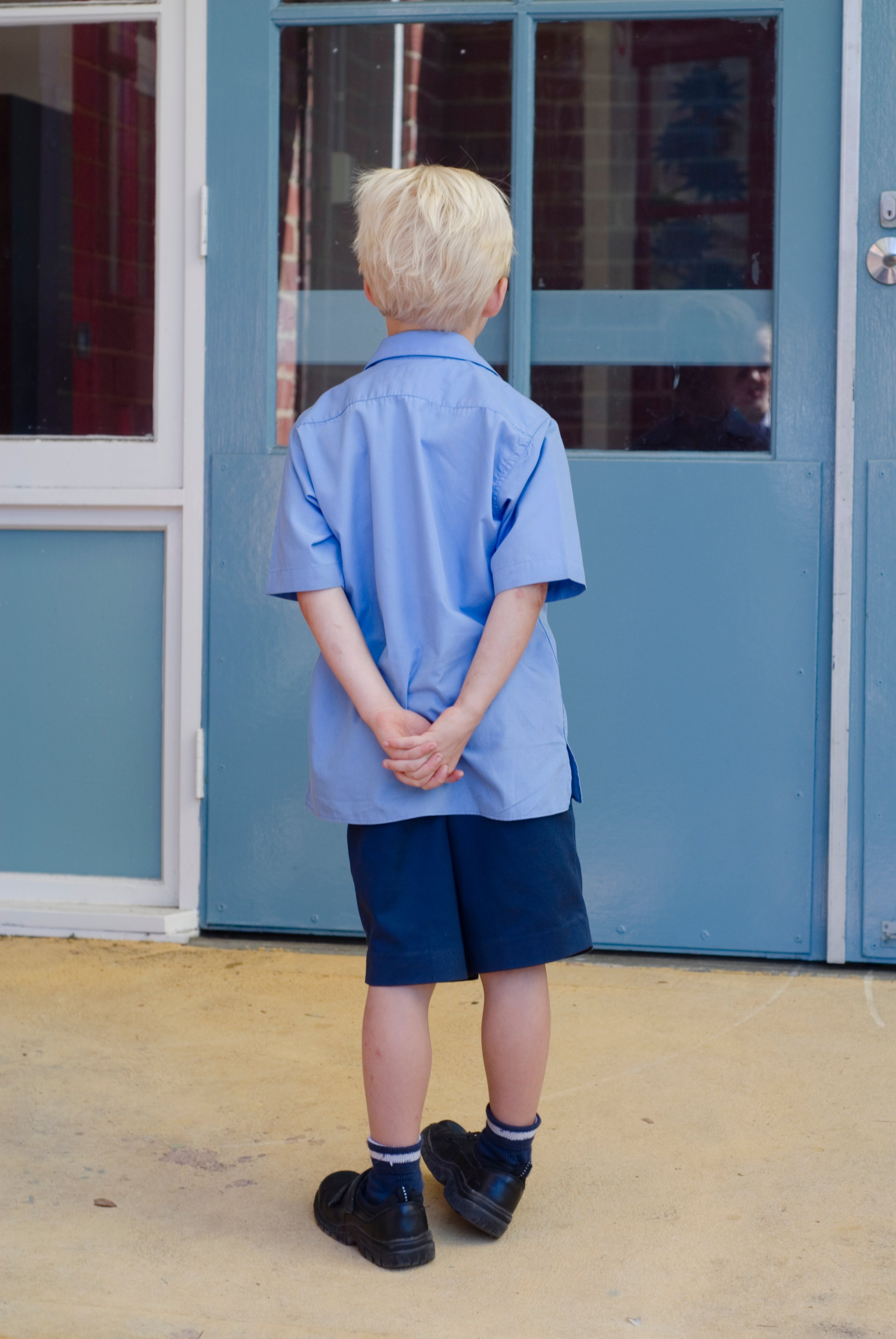
Most teachers are great.
But not every kid gets along with every teacher.
And when that’s the case, the problem is long-lasting: until the end of the year, or until kids and a teacher can come to some kind of understanding.
At any age, says clinical psychologist Marie Hartwell-Walker, when kids are having trouble at school, it’s important to “listen to kids’ feelings, acknowledge them, and acknowledge life is sometimes unfair.” And in some cases, Hartwell-Walker says, “ultimately, you may need to protect your child by changing classes.”
But many tensions between students and teachers can serve as an opportunity.
In fact, the tools kids need to get along with a teacher are the same ones they’ll need to deal “with any adult in any kind of authority,” says Hartwell-Walker. “What we’re really talking about is how do we help our children learn to be respectful of someone who has the power when you don’t, and to ask good questions rather than complain?”
Parents can start building these skills at the elementary age, Hartwell-Walker says, by teaching kids that any time they have a conflict with someone, they also have an opportunity. When there’s a problem, Hartwell-Walker says, it’s easy to want to assign blame. But assigning blame, she points out, doesn’t solve the problem. So even from an early age, parents can encourage kids to think about finding solutions when they have a problem with someone, instead of first assigning blame.
One of the best things parents can do for middle school kids is to support them as they address interpersonal problems themselves, Hartwell-Walker says. If a child is having a conflict at school, it can be tempting, she says, for parents to march in and run interference. But it’s “far better for the parent to go with the child and coach the child through the issue,” Hartwell-Walker says, which gives children practice and confidence in navigating tough conversations. Parents can encourage kids to work through tough relationships with encouragement like, “You’re a smart kid. Let’s figure this out. I have confidence in you. What can we do to solve this problem?”
High school kids, Hartwell-Walker says, can start thinking about what tactics will work best with what teachers, with questions like “How is this teacher different from the other teacher? What would make this teacher happy with you?” Those skills, Hartwell-Walker says, will be important long after they graduate: “They’re going to have bosses they don’t agree with, co-workers they don’t agree with. They’re going to have to work on teams.”
So the education in social skills that kids get by working through a difficult relationship with a teacher may help them all their lives.
More Must-Reads from TIME
- Donald Trump Is TIME's 2024 Person of the Year
- Why We Chose Trump as Person of the Year
- Is Intermittent Fasting Good or Bad for You?
- The 100 Must-Read Books of 2024
- The 20 Best Christmas TV Episodes
- Column: If Optimism Feels Ridiculous Now, Try Hope
- The Future of Climate Action Is Trade Policy
- Merle Bombardieri Is Helping People Make the Baby Decision
Contact us at letters@time.com